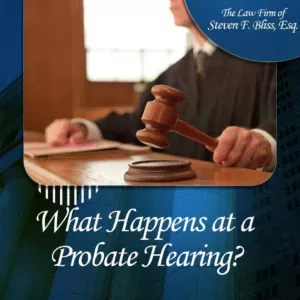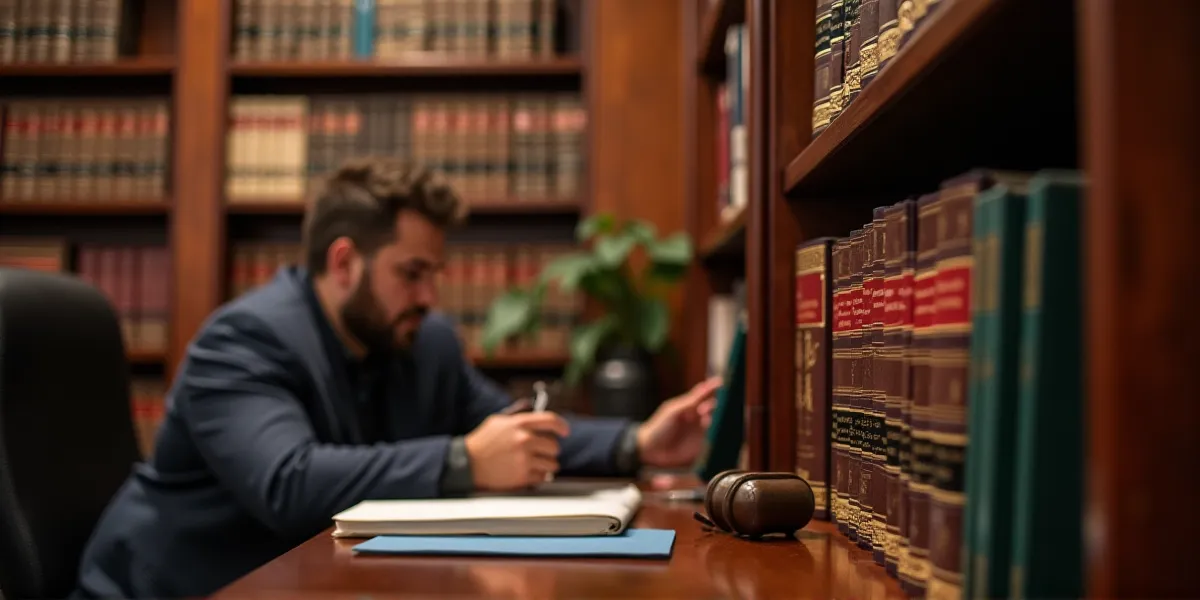In California, a probate hearing is the court proceeding where a judge reviews and approves the initial steps of administering a deceased person’s estate. The hearing is generally scheduled after someone files a petition for probate, which includes presenting the will if one exists or requesting authority to manage the estate if there is no will. The judge’s role is to ensure the estate is properly opened, the executor or administrator is legally appointed, and all interested parties have notice of the process.
 One of the first matters addressed at a probate hearing is the validation of the will. If the deceased left a will, the court examines it to ensure it meets California’s legal requirements, such as proper signatures and witness testimony. If there are questions about the will’s validity, beneficiaries or potential heirs may raise objections at the hearing. When no will exists, the judge instead applies California intestacy laws to determine heirs.
One of the first matters addressed at a probate hearing is the validation of the will. If the deceased left a will, the court examines it to ensure it meets California’s legal requirements, such as proper signatures and witness testimony. If there are questions about the will’s validity, beneficiaries or potential heirs may raise objections at the hearing. When no will exists, the judge instead applies California intestacy laws to determine heirs.
The court also formally appoints the personal representative—either an executor named in the will or an administrator when there is no will. This appointment grants legal authority to manage the estate, collect assets, pay debts, and eventually distribute property. The representative may also be required to post a bond unless the will waives this requirement or the court deems it unnecessary. The bond provides financial protection in case of mismanagement.
Notices to heirs, beneficiaries, and creditors are another focus of the probate hearing. California law requires that all interested parties receive proper notice so they have an opportunity to participate. If the court finds that notice was insufficient, the hearing may be delayed. Ensuring proper notice helps protect the process from later challenges and ensures transparency throughout probate.
| Step at Probate Hearing | Purpose | California Requirement |
|---|---|---|
| Validation of Will | Confirm authenticity of document | Probate Code signature and witness rules |
| Appointment of Executor/Administrator | Grant authority to manage estate | Court order required |
| Bond Consideration | Protect estate from mismanagement | Waived if will specifies or court approves |
| Notice to Parties | Ensure heirs, beneficiaries, and creditors are informed | Mandatory service and publication |
| Resolution of Objections | Address disputes about will or appointment | Handled during hearing or later trial |
If any disputes arise, such as challenges to the will’s validity or objections to the choice of executor, the probate hearing is the place where those matters are initially addressed. Complex disputes may not be fully resolved at the first hearing, but the court will establish a process for evidence and testimony. This ensures that contested estates follow due process under California law.
In conclusion, a probate hearing in California establishes the foundation for estate administration. The court validates the will, appoints the executor or administrator, considers bond requirements, ensures notices have been properly served, and addresses objections. Beneficiaries and heirs should understand the process so they can protect their rights, while executors should come prepared with all required documents. With proper preparation and legal compliance, the probate hearing provides a structured beginning to settling an estate.






